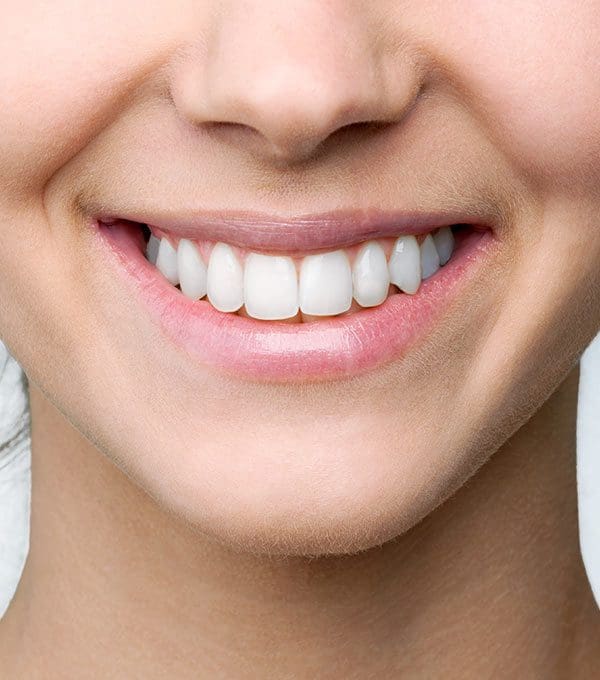



Most people clench their jaw or grind their teeth to a greater or lessor extent. Usually, it just causes a bit of wear on the teeth, but sometimes excessive clenching and grinding cause much more serious problems.

Clenching or grinding, also known as bruxism, is often done unconsciously and can be done while we sleep. Because of this, many times the person learns about it when they visit their dentist who tells them they are grinding. When done excessively, it can cause a number of serious problems. Teeth can be severely and permanently damaged by excessive grinding sometimes to the point of being completely crushed. Clenching can cause headaches and damage to the TMJ joint of the jaw. The jaw can start to click and be constantly in pain. Clenching and grinding can also cause overdevelopment of the masseter (jaw) muscles, making women look masculine or men have an oddly wide jaw.
The treatment for all of these causes is injection of prescription medication to block the ability for the patient to clench and grind. Once this is done, the excessive activity causing damage to teeth, headaches, TMJ problems and over development of the jaw muscle diminishes as the masseter muscle atrophies. The ability to talk and chew food are not affected. Our protocol for first time patients is to do an initial treatment with a large dose of medication. The patient then returns 6 – 10 weeks later for a second treatment once we’ve seen the extent of muscular atrophy from the first treatment. After a primary course, maintenance can be done at the patient’s discretion as symptoms return. Duration of treatment varies greatly, with some patients getting a few treatments per year with others getting treatment every few years.
In the UK, any clinic administering bruxism treatments must be registered and inspected by the CQC, so be sure any clinic that offers this treatment can be verified on the CQC database.


